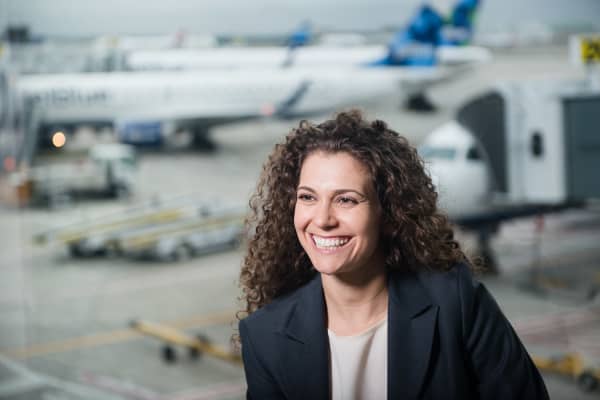Many entrepreneurs will tell you that they knew from day one what they "had to do." I, on the other hand, graduated from Brandeis University in 2005 without that passion-filled direction. I simply wanted a job. Having already learned Chinese, I got caught up in the buzz about off-shoring and outsourcing, and before I knew it, I was working in Shanghai, China.
Living in China was an exhilarating dream, but it seemed that the pollution was worsening by the month. Working in the export industry, I got to see one of the main source of the pollution (factories) first-hand. When a friend shared stories about the dozens of people he knew who now had asthma or lung cancer, I realized the human price we were paying to manufacture everything from disposable plates to fast-fashion was too high.



